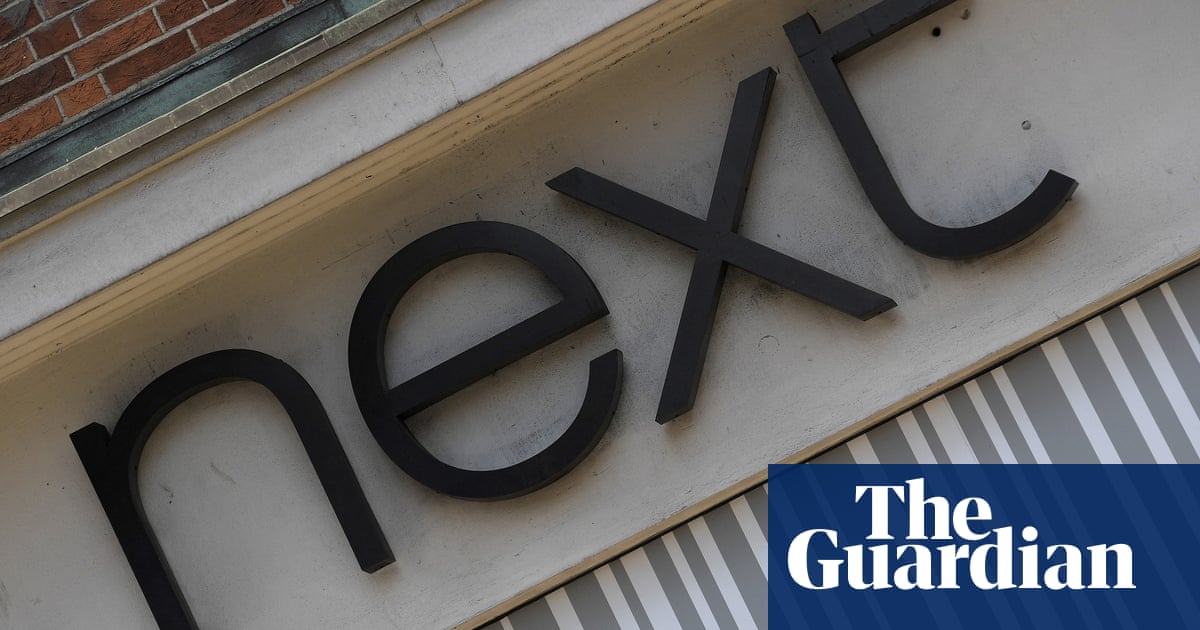Fashion
Next says it may close stores if £30m equal pay claim is upheld

Next said it may close stores if it loses an appeal against a landmark equal pay claim.
The fashion and homeware retailer made the comments after shop workers at Next last month won a six-year legal fight for equal pay. Next is planning to challenge the decision and could have to pay more than £30m in compensation if it is unsuccessful.
An employment tribunal found that its retail sales staff – who are overwhelmingly female – should be paid the same hourly rate as those working in Next’s warehouses, who are mostly men.
“Inevitably, some of our stores will no longer be viable if this ruling is upheld on appeal,” the retailer said in its report to City analysts.
Simon Wolfson, the chief executive of Next, said: “This is certainly not a threat. We are pointing out the reality of store openings and closures. It is about the costs of the business going up relative to sales.”
Next has 466 stores across the UK.
Announcing half year results on Thursday, Wolfson said there was no evidence that shoppers were spending more freely and the recent surge in sales was about sunshine. “When the weather flipped, the sales flipped,” he said.
Next has said international tastes in fashion are “converging” as tech platforms expose consumers to global trends, boosting the retailer’s overseas sales and helping it close in on £1bn in annual profits for the first time.
The retailer forecast its annual profits would be £15m more than previously expected, at £995m – up from the £918m recorded in 2023 – after overseas sales rose by 23% in the six months to July, offsetting a near 1% decline in sales of Next-branded clothing in the UK.
The company said the “global reach” of tech platforms including Netflix, YouTube and TikTok were “exposing people to international fashion trends in a way they never have been before”, and improving international delivery networks were also encouraging “consumers to try clothes from other countries, and retailers to adapt their ranges that cater for overseas tastes”.
It said: “It appears that international tastes in clothing are converging more rapidly.”
Wolfson said the business was “at the start of a new phase” with more than half of its sales and profits now online and rapid growth in sales of non-Next brands, some of which the group now owns.
after newsletter promotion
Non-Next brands account for 17% of overseas sales and the group said it had been experimenting with expanding wholly owned labels including Cath Kidston, after it bought the brand name out of administration last year, and Love & Roses.
The group has signed a partnership deal in India with the local operator Myntra to develop online and retail stores and will expand a deal with the US department store chain Nordstrom, where it sells childrenswear, as well as a new US partner and also expects to find similar partners in Japan, China and Australia.
Next also plans to improve the way it works with shipment hubs in the Middle East and Europe to help better serve shoppers in those territories.
The plans were announced as Next revealed full-price sales rose by 4.4% in the six-month period, boosting total group sales by 8% and pre-tax profit by 7.2% to £452m.
Next said full-price sales of its brand over the six weeks after that period had “materially exceeded our expectations” and were up by 6.9% as better weather helped increase trade. Sales in the second half of the year are now expected to rise by 3.7%, up from 2.5%.
If Next were to hit £1bn of profits for the first time, it would join only a handful of UK retailers that have done so, including Tesco – and Marks & Spencer in a previous era. The upgrade to its profit expectations lifted Next’s shares by 5.5% to an all-time high of £109.10 in early trading.








